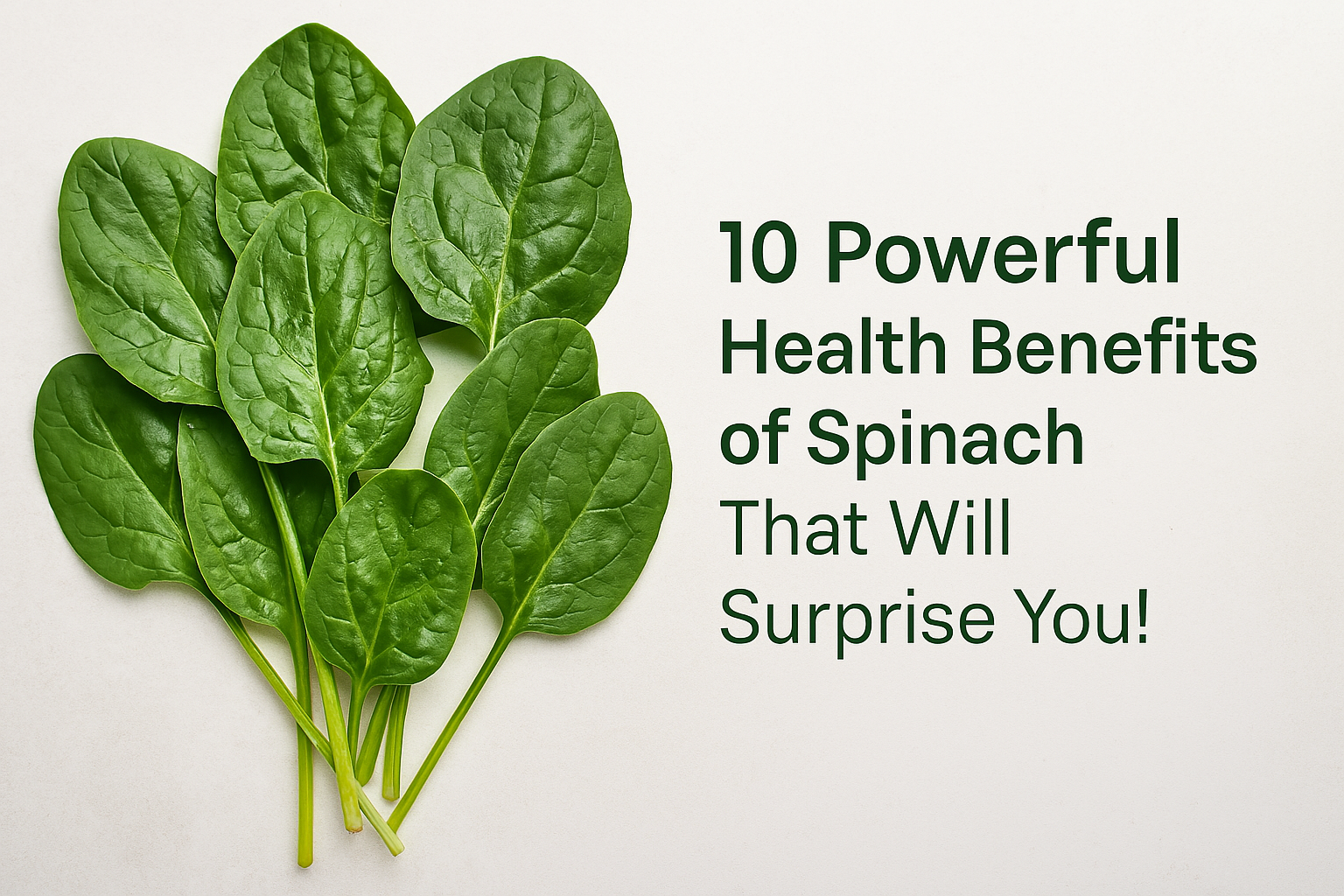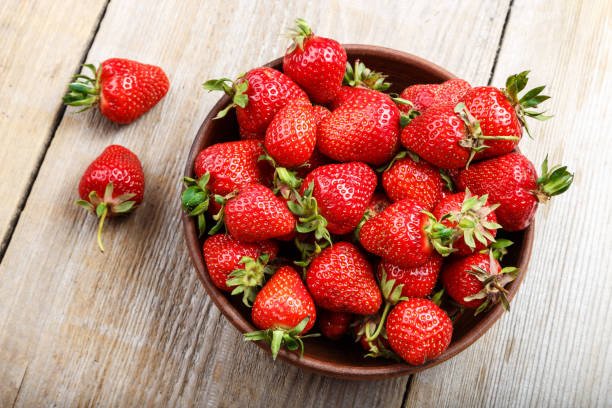Kidney beans are more than just a staple in South Asian kitchens—they’re a nutritional powerhouse with incredible advantages for your health. If you’ve ever been curious about kidney beans benefits or the nutritional value of kidney beans, this blog reveals why they should be a regular part of your diet.
What Makes Kidney Beans So Good for You?
Before we dive into their benefits, let’s understand why nutritionists across the globe praise these legumes. Rich in protein, fiber, antioxidants, vitamins, and minerals, kidney beans are one of the most budget-friendly and nutrient-dense foods you can eat.
They’re easy to cook, versatile in recipes, and available year-round—making them an ideal superfood for every Pakistani household.
1. High in Plant-Based Protein
One of the most notable kidney beans benefits is their high plant-based protein content. Just a single cup of cooked kidney beans delivers around 15 grams of protein, helping to build and repair body tissues.
The nutritional value of kidney beans makes them an excellent meat alternative for vegetarians, especially when paired with rice or whole grains for a complete protein source.
2. Excellent for Heart Health
Kidney beans are high in soluble fiber, which helps lower LDL (bad) cholesterol levels and reduce the risk of heart disease. They also contain potassium and magnesium, essential minerals for maintaining normal blood pressure.
This heart-healthy profile is a major reason why kidney beans benefits are emphasized in heart-friendly diets. Incorporating them regularly can lower your chances of developing cardiovascular issues.
3. Helps Manage Blood Sugar Levels
If you have diabetes or prediabetes, the nutritional value of kidney beans can be a game-changer. These legumes have a low glycemic index and are packed with fiber and resistant starch—meaning they slow down sugar absorption and help maintain steady glucose levels.
They can help reduce insulin spikes, making them a safe and effective carbohydrate source for people managing blood sugar issues.
4. Supports Digestive Health
Kidney beans provide both soluble and insoluble fiber. This powerful combination improves digestion by regulating bowel movements and preventing constipation.
They also nourish the beneficial bacteria in your gut, which is critical for nutrient absorption and immune function. So, among the many kidney beans benefits, improved digestion stands out.
5. Rich in Antioxidants
One of the lesser-known advantages of kidney beans is their antioxidant content. They contain polyphenols, particularly flavonoids, which fight free radicals and reduce oxidative stress in the body.
The nutritional value of kidney beans also includes manganese and copper—two minerals that work as co-factors in antioxidant enzyme production, helping protect against chronic diseases and premature aging.
6. Promotes Healthy Weight Loss
Trying to maintain or lose weight? Kidney beans can help. Their high protein and fiber content promote satiety, which helps control hunger and reduce overall calorie intake.
Since they are low in fat but high in volume, you can enjoy filling meals without guilt. This makes kidney beans benefits ideal for anyone working on weight management.
7. Boosts Energy and Red Blood Cell Production
Iron is an essential nutrient for producing red blood cells and transporting oxygen throughout the body. The nutritional value of kidney beans includes a solid amount of iron and folate, which together help fight fatigue and improve vitality—especially for women and growing teens.
Folate is also crucial for fetal development, making kidney beans a smart choice during pregnancy.
8. Natural Detoxifier
Kidney beans contain molybdenum, a trace mineral that activates enzymes involved in detoxifying sulfites and harmful compounds in the body. This makes them an excellent addition to any detox or clean-eating plan.
The nutritional value of kidney beans also includes fiber that binds to waste and toxins in the digestive tract and helps eliminate them effectively.
9. Enhances Bone Strength
Kidney beans are rich in magnesium, calcium, and phosphorus—all vital for bone formation and strength. Regular intake can help reduce the risk of osteoporosis, especially in older adults.
This is one of the kidney beans benefits that’s often overlooked, but extremely important for long-term health and mobility.
10. Accessible, Affordable, and Versatile
One of the greatest advantages of kidney beans is that they’re cost-effective and available across Pakistan. Whether you’re cooking a traditional rajma curry or a modern bean salad, they fit beautifully into all kinds of recipes.
And since the nutritional value of kidney beans remains intact even when canned, they offer convenience without compromising health benefits.
Tasty Ways to Include Kidney Beans in Your Diet
If you’re wondering how to start incorporating these healthy beans, here are some simple and delicious ideas:
Rajma Chawal –
a hearty North Indian/Pakistani comfort food
Kidney Bean Kebabs –
a flavorful snack or lunch option
Kidney Bean & Corn Salad –
light and refreshing for summer
Bean Tacos or Wraps –
healthy fusion food with a desi twist
Kidney Bean Soup –
nourishing and easy on the stomach
Final Thoughts
To sum it up, the answer to whether kidney beans benefit your health or not is a clear and resounding yes. With their outstanding nutritional profile and easy adaptability in various meals, there’s every reason to include them in your daily or weekly food plan.
Whether you’re looking to eat healthier, manage weight, or support heart health, the nutritional value of kidney beans makes them one of the most complete plant-based foods available.
Want more healthy eating inspiration? Visit Foodbook.com.pk for expert-approved recipes, food tips, and wholesome ideas tailored for your kitchen and your health.
















